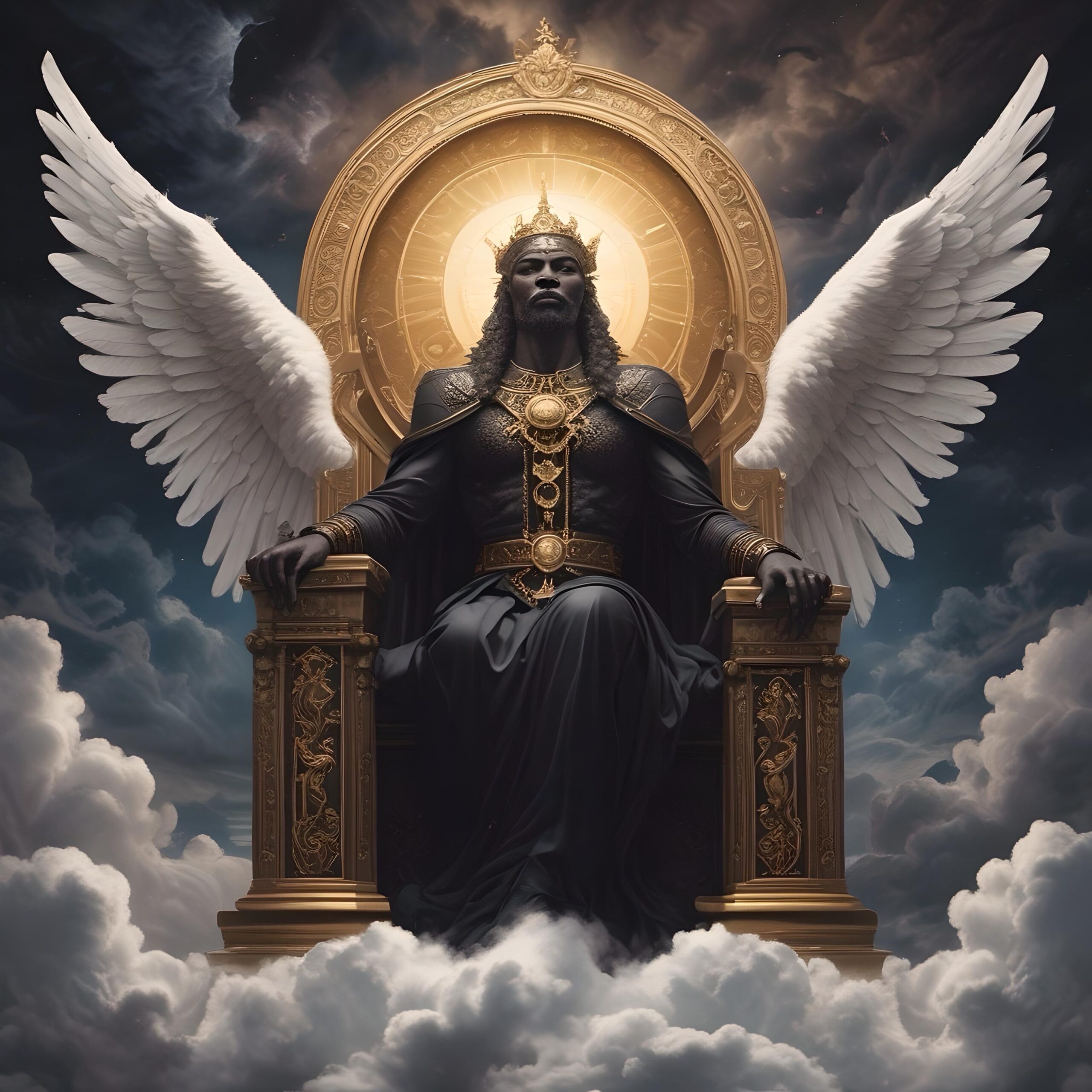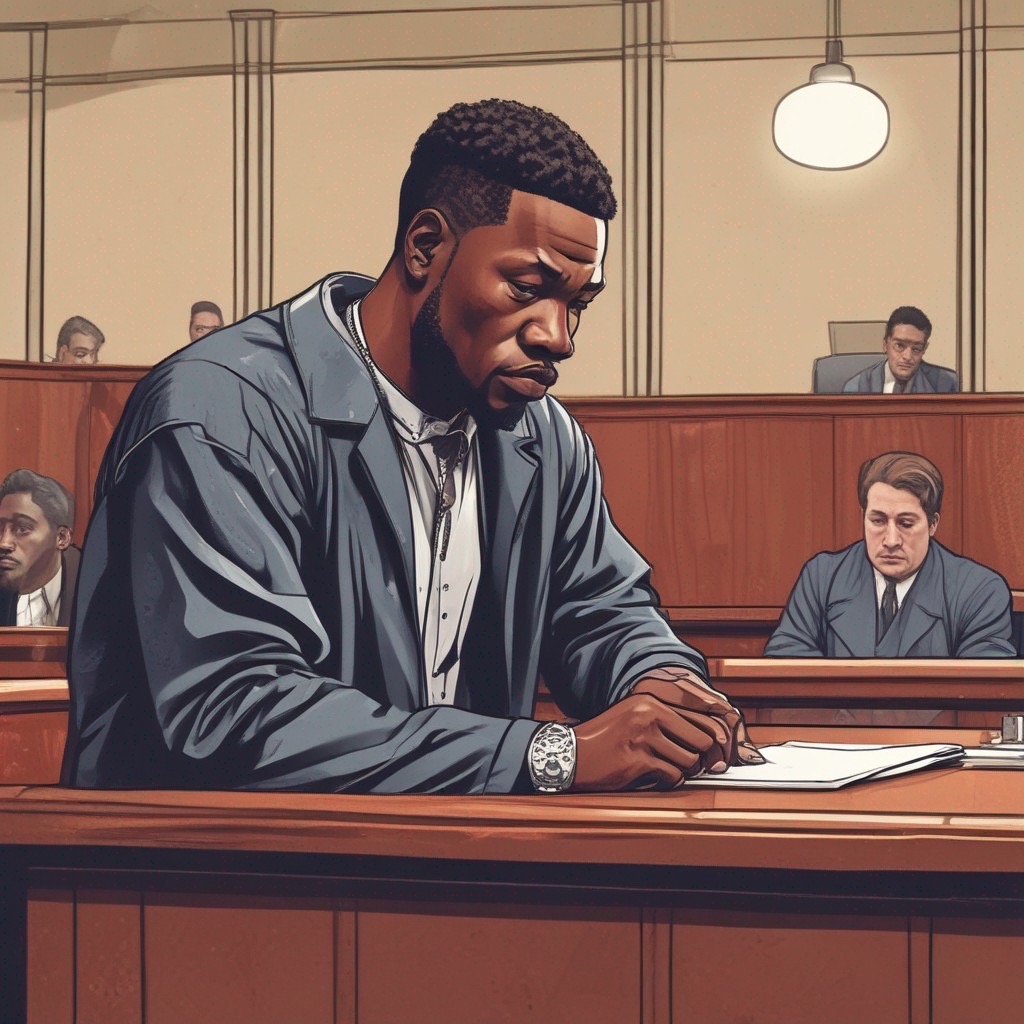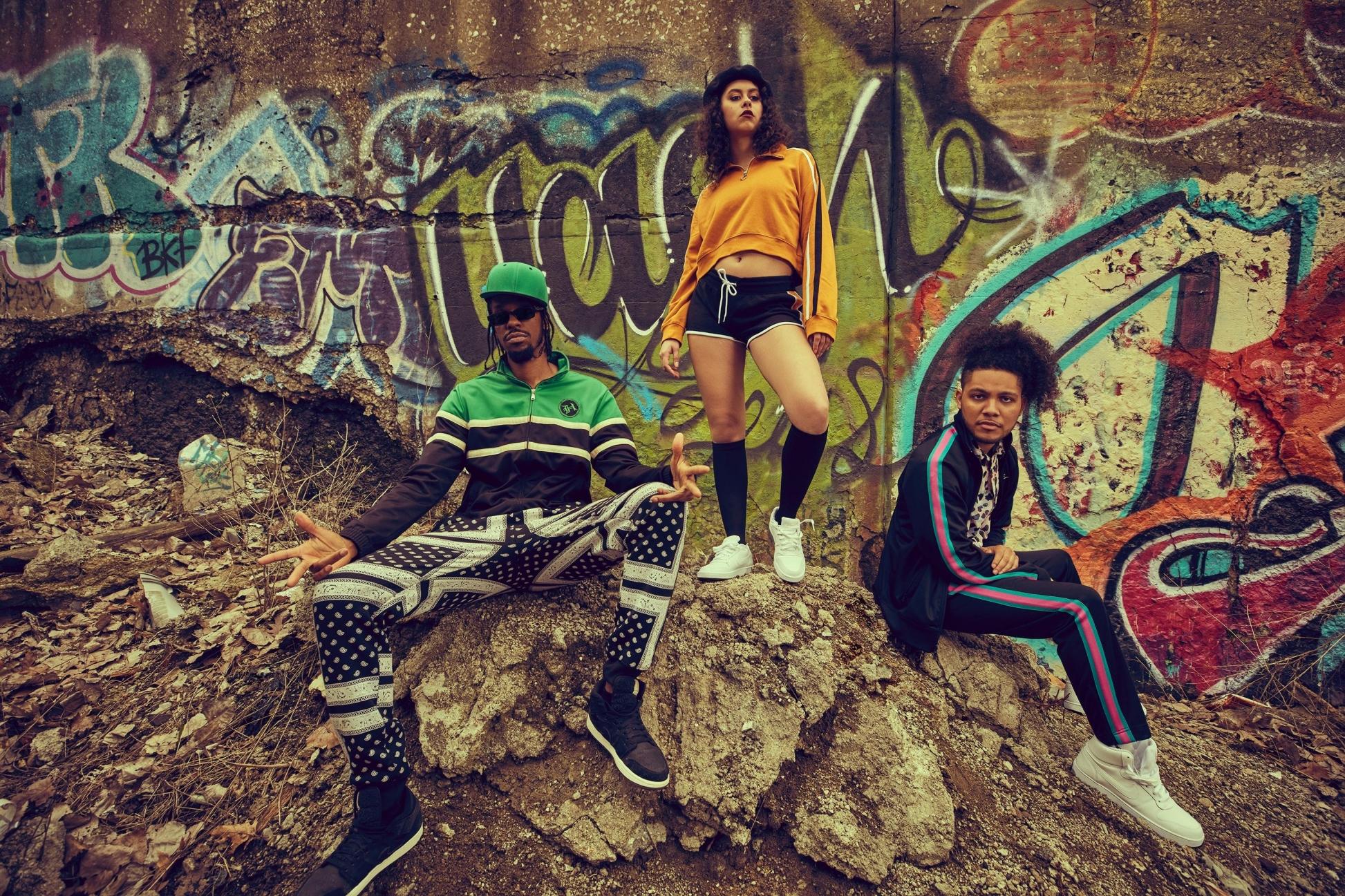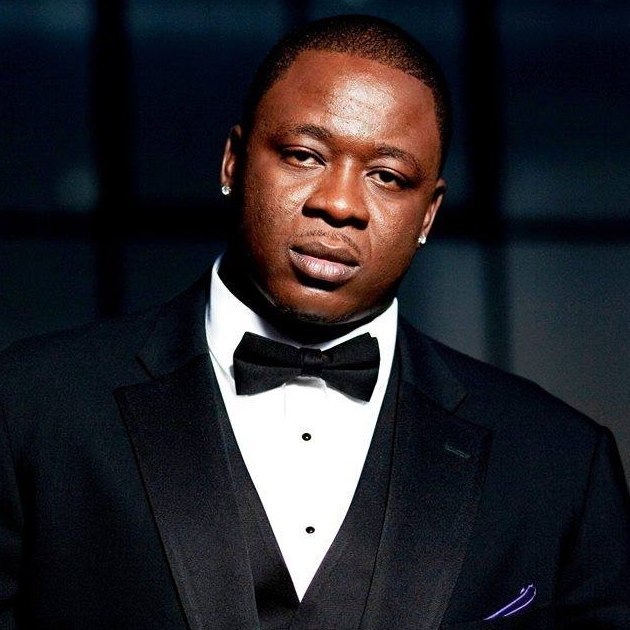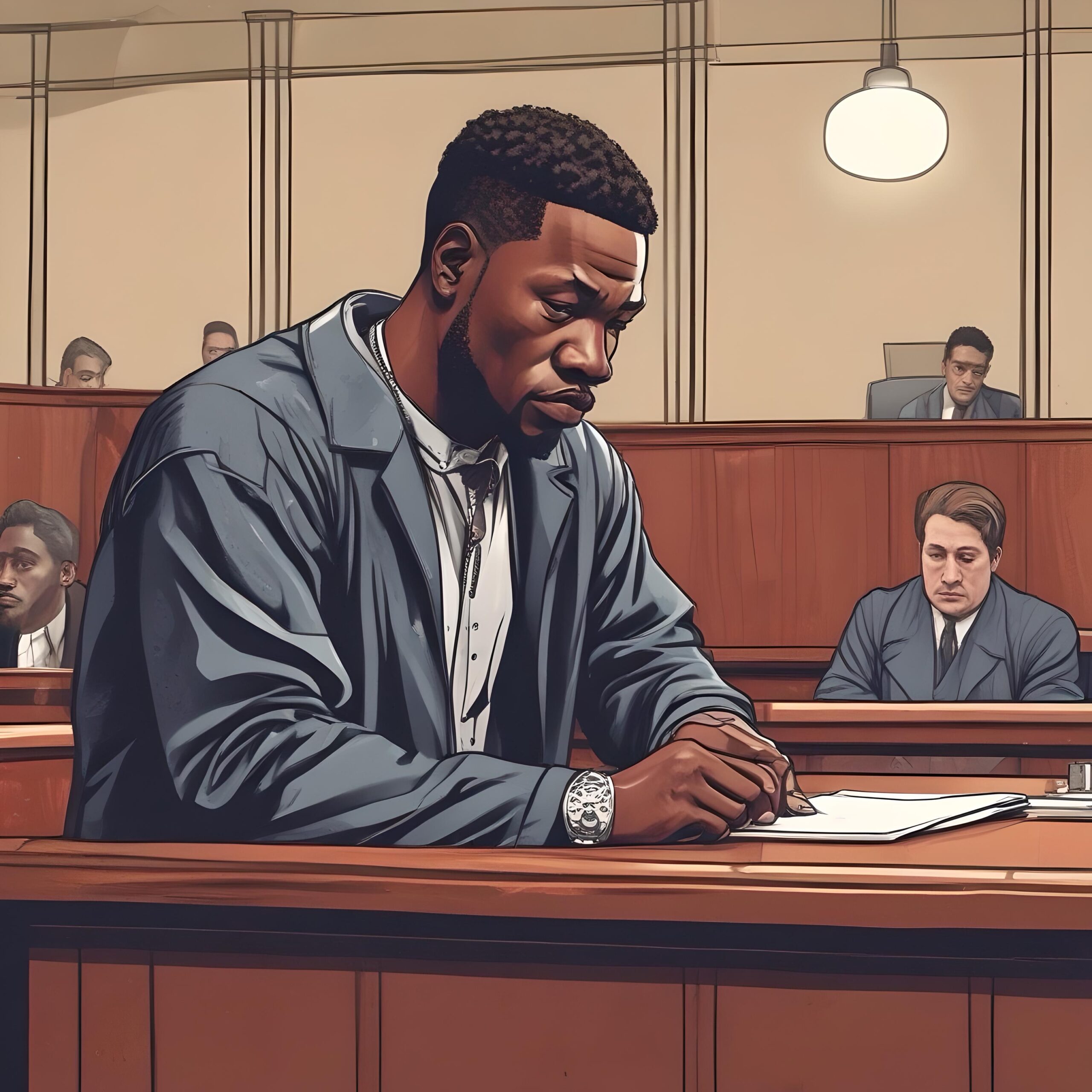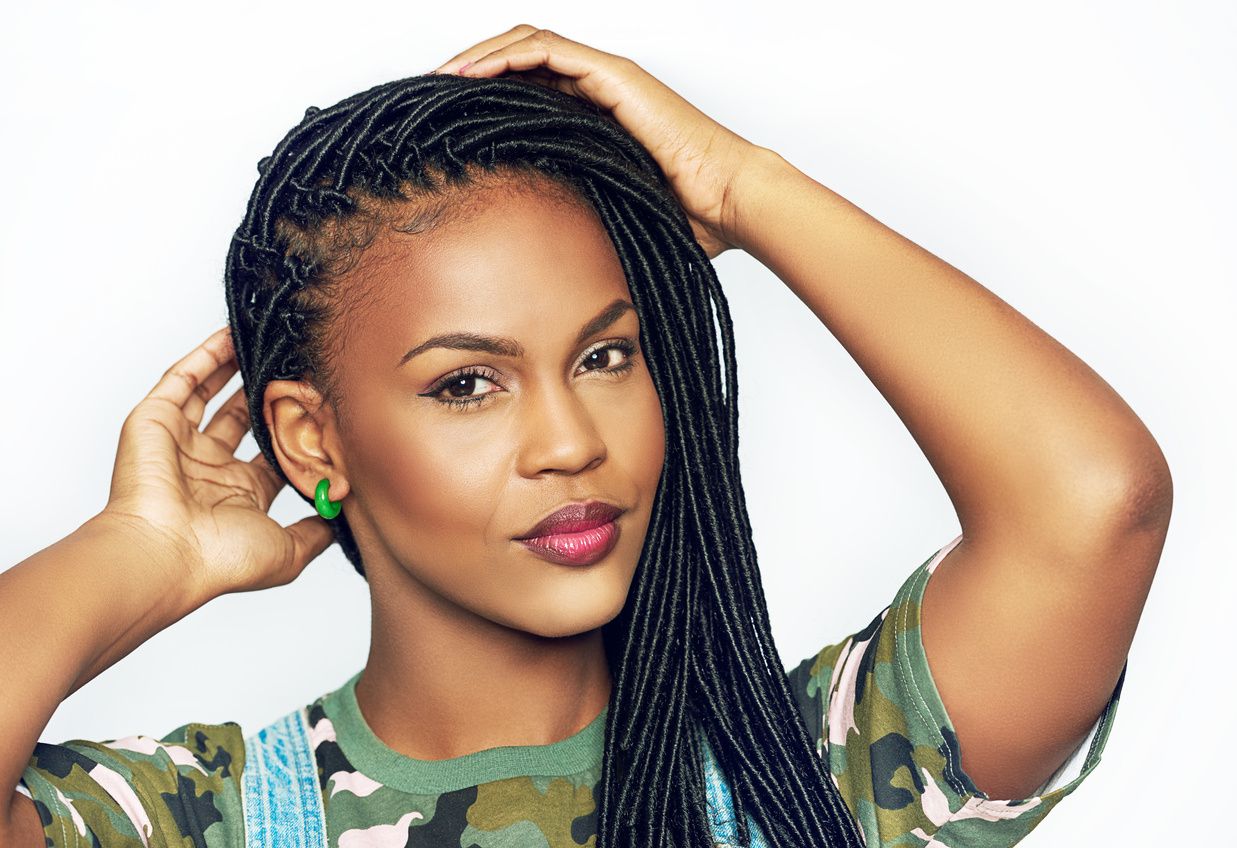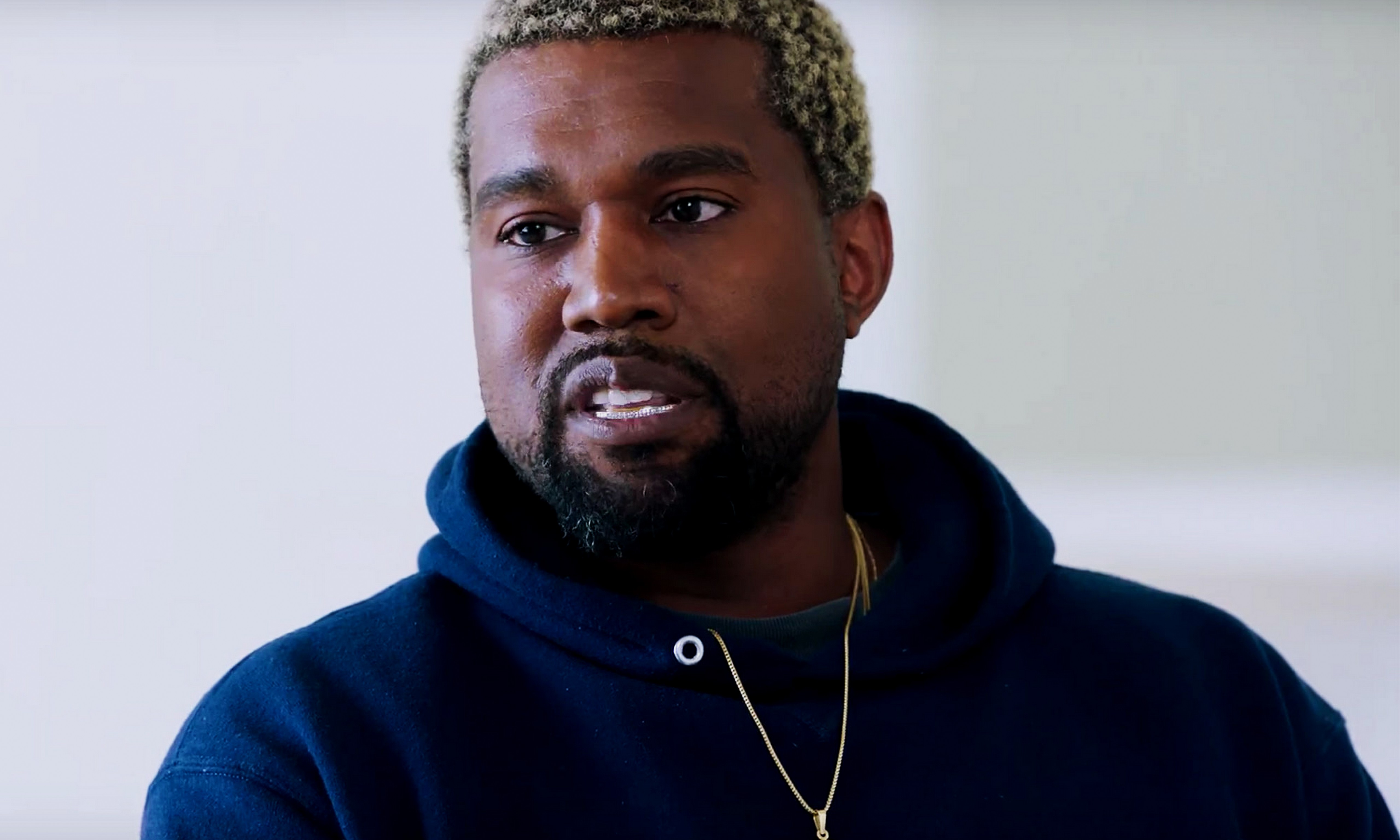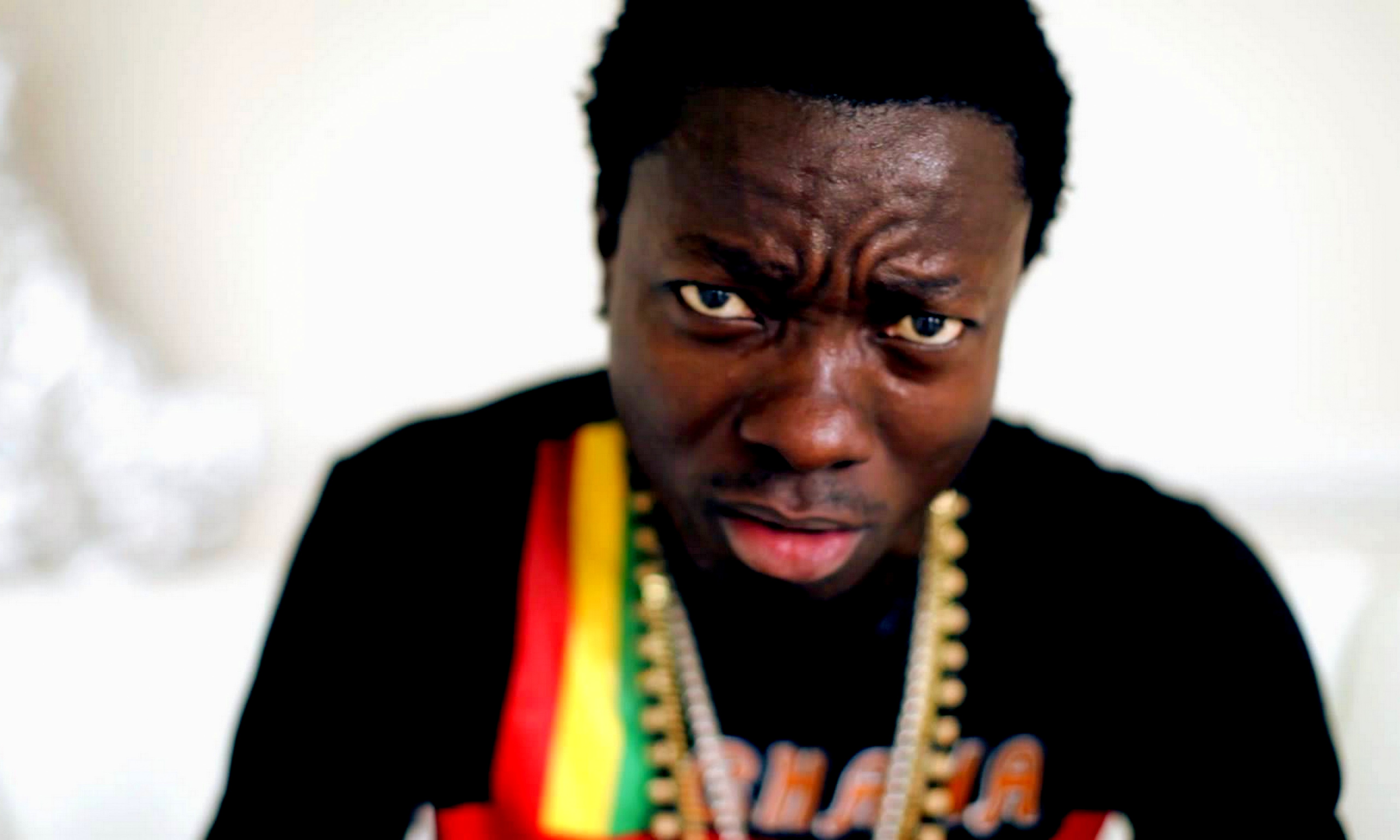If Diddy is acquitted, would it surprise us if someone attempts to assassinate him? I pose this question because the public appears oblivious to the attacker’s recurring tactics in undermining our icons and culture. When examining the indictment against Sean “Diddy” Combs, does it not resemble a condemnation of the hip-hop industry? Rappers’ ventures are now merely a facade–the message portrayed to the world. Don’t let yourself be charmed by the hip-hop persona, as their actions often contradict their image. Imagine boasting to a newly acquainted feminist on a dating site that your profession is in the music industry, as you own a record label, modeling agency, liquor brand, and marketing firm. Would she be impressed by your success, or would she see it as superficiality? What sways the mind of the public so quickly?
Our aggressor utilizes negative propaganda to belittle our achievements. The officials responsible for Diddy’s indictment failed to clarify that it is not an accusation against the genre of hip-hop or the portrayal of black men as a whole. I am not necessarily defending Diddy, although I would point out that as they vilify him, they also attach our art, business model, and image to the stigmas they create. Do you think this is a mere coincidence or a deliberate act? We have seen the same pattern with OJ Simpson, Bill Cosby, Michael Jackson, and R. Kelly, who were influential figures to many black men. When those men won their legal battles, the attackers continued to tarnish their reputation through media manipulation.
When discussing the war against hip-hop, most people immediately think of the various disputes, coincidences, and discussions surrounding the genre, such as censorship, cultural appropriation, hip-hop police, and the commercialization of hip-hop. Although the black community’s musical cultures differ, hip-hop is today’s most dominant. We have reggae, dancehall, afrobeat, soca, calypso, zouk musical cultures. These often highlight the struggles of artists against societal norms, law enforcement, and media portrayal. However, I argue that a hidden group of cutthroats has targeted black culture from their secret boardroom. We must think critically about this assault and its implications for all of us.
Throughout recent history, hip-hop has been a symbol of creative expression, hailed for its distinct perspective. In present times, however, the genre has come under scrutiny, mainly due to its lyrical exploration of violence, misogyny, and substance abuse. I describe them as the black man’s masculine dominance and vulnerabilities. Despite this, the artistic value of hip-hop remains unparalleled. I argue that deep-seated racism and societal prejudices have perpetuated negative stereotypes and limitations on the genre, further undermining its cultural significance. It occurs when the names of our cultural icons suddenly appear in the news. Rumors lead to accusations, and then we see an indictment.
Even when black celebrities emerge victorious in the courtroom, their reputation is still marred in the eyes of the public. Companies that severed ties with them do not issue apologies or seek reconciliation. The accusations are accepted as undeniable truths. The accusers continue to spin their allegations and bring forth new cases. They circumvent proper legal procedures and resort to grand jury indictments while officials make ambiguous statements. Eventually, the beloved figure succumbs to a lifetime in prison, just like R. Kelly. Despite winning his first case, he was subjected to further accusations and a damning documentary and applied pressure on his business partners to sever ties with him.
The R. Kelly case was peculiar as the public is sensitive to pedophilia. According to American law, it is not pedophilia when you wed a minor with parental consent. Despite facing allegations of pedophilia, all the “victims” who came forward after his initial trial were adults. Interestingly, there is a movement in the United States pushing for the decriminalization of pedophilia and its inclusion in the LGBTQIA± community. Bill Cosby was accused of offenses that allegedly occurred so long ago that the accusers could not provide a shred of evidence. Whitney Houston was branded as a crack addict to the extent that when she was discovered dead in a hotel bathtub, the public agreed that it was an overdose.
Kanye West lost over six billion US dollars within one week without any breach of contract by his business partners. My stance is that we have surpassed the point where covert “hip-hop police” or law enforcement agencies simply surveil hip-hop artists and their actions, often out of concern about crime, gang associations, and violence. As affluent black men with influence, there will always be spooks keeping a watchful eye on us, particularly those who incorporate violence or criminal behavior into their music, resulting in accusations of profiling and targeting. The public disregards the emotional toll of being subjected to constant scrutiny and its impact on our careers and personal lives.
Therefore, we anticipate legal troubles or heightened media vilification based on our talent and personas. However, now they have included the justice system in the assault, creating new terms and definitions of our business model and mating activities. In a sudden turn of events, every accusation is now tied to sex, while the business model is being portrayed as a scam. Even more disheartening is that despite our efforts in activism, philanthropy, and providing quality entertainment for the community for decades, they have failed to stand by us. It’s time for the hip-hop community to recognize this policing as an attack on artistic expression and a reflection of more significant issues of race and inequality.
I am not disregarding safety and accountability, but perpetuating discrimination and suppressing the freedom of hip-hop artists only serves as evidence of someone waging war against our culture. After careful consideration, I am convinced there is a deliberate attack on the hip-hop culture. It seems that there are forces at work trying to suppress the platform that allows black men to achieve wealth and influence. The music industry has been promoting some of the worst artists, which has hindered the growth of the culture and led it astray. We witness the downfall of countless rappers every year, with over a hundred being killed in targeted shootings. These assassinations are dismissed as rap beef.
The media has been targeting and demonizing prominent black men in the hip-hop community, perpetuating rumors that the public sees as isolated incidents instead of full-scale attacks. The cycle begins with gossip, accusations, and a legal dispute, and suddenly, a grand jury materializes. Even after the targeted individual prevails, an attempt is made on their life. This amalgamation of various forms of aggression has led me to the realization that hip-hop and black culture are facing a fierce onslaught. Someone is doing their best to destroy us. Previously, a rapper’s reputation was built on fame, wealth, skill, and accomplishments. However, these qualities are now used as weapons to destroy us.
There is even a campaign urging women to turn off dating sites, limit social media use, and turn off their electronic devices. Those dating sites and social media platforms had already reconfigured against male users. I vividly remember facing ridicule on Facebook for simply voicing my perspective. The horde of commenters labeled me a “goody two-shoes” and discredited everything I said about my philanthropic work. This issue is fueled by the black community’s excessive reliance on mainstream media. We allow their biased information to manipulate our thoughts and dictate our actions. They are turning our admirers against us. How could anyone lose six billion US dollars in just one week?
They are bending laws, breaching agreements, redefining words, and casting shadows on successful black men. Ask yourself, why were the court officials never held responsible for their “prosecutorial negligence,” which ultimately led to Cosby’s illegal imprisonment? That was swept under the rug. In the past, offenses like organized drug dealing, racketeering, or murder were considered sufficient reasons for indictment under RICCO. However, now we are witnessing the demise of hip-hop legends due to a revised definition of buzzwords surrounding our sexual activities, which encompasses any accusation made in a civil lawsuit. They are interfering with or criminalizing the consent of the women who are loyal to us. And the black community has yet to see this as an assault on us as a community.
